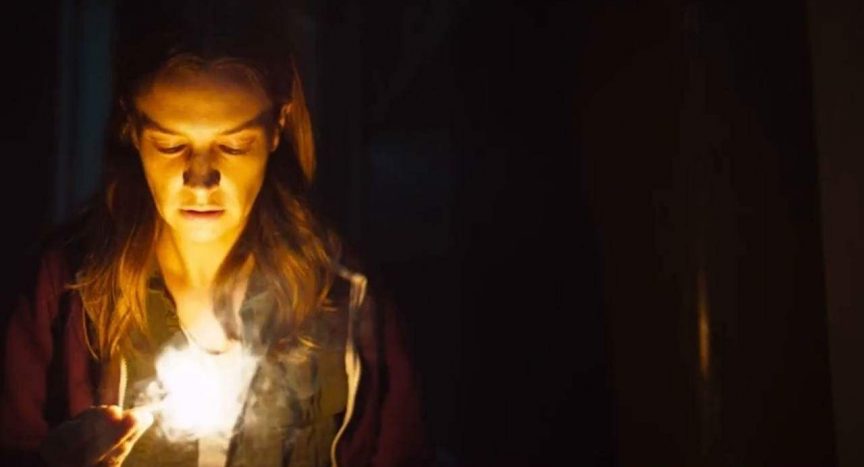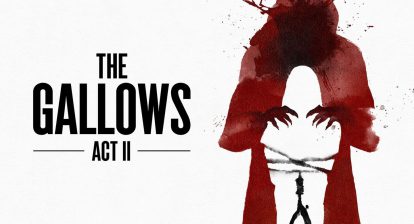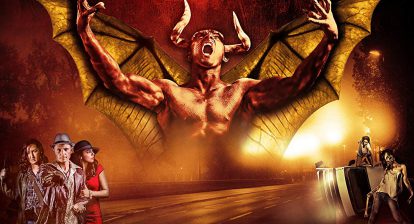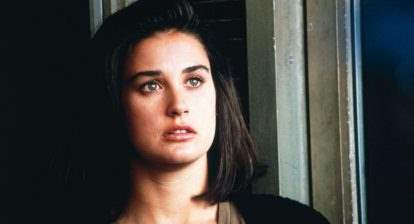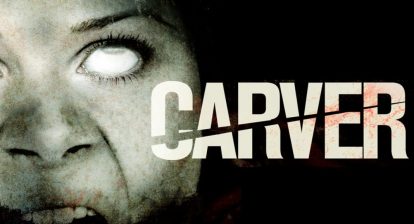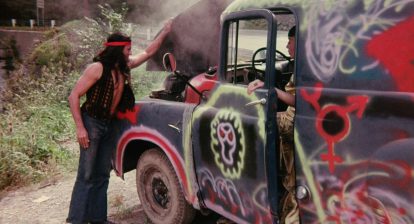When you have a movie with two characters and one location, you need an inspired concept. A Dark Song manages to conjure one. Even if its ending isn’t as spellbinding as the rest of the film.
Victoria Howard (Susan Loughnane) employs occultist Joseph Solomon (Steve Oram) to perform a ritual that will allow Victoria to contact her dead son. Or so she says. The logline itself sounds derivative. I mean how many horror films revolve around Ordinary Person X whose grief after the death of Loved One Y propels them into Supernatural Scenario Z? Well if you’re bad with theoretical genre math, the answer is MANY. So you can imagine my surprise when A Dark Song revealed itself to be (for the most part) a wholly original work of art.
The power of A Dark Song stems from writer/director Liam Gavin’s script. Many times in these kind of films, the ritual is just a means to an end. Some words are shouted. Some salt is thrown. The audience stares at their phones. Then the demons show up and the relevant action continues.
Here, the ritual is the centerpiece. It’s presented as a complex and torturous endeavor. One that pushes both characters to the brink and past it. Victoria and Joseph’s complex master / slave relationship is the most intriguing aspect of the film. Watching that connection fracture and strengthen is often more arresting than the paranormal phenomena whirling around it.
A Dark Song also benefits from Gavin’s clever use of omission. He starts scenes (and the movie) without giving the audience any context as to what’s happening. Instead of exposition up front, he peppers it throughout the scene. This doesn’t just make what we’re watching seem more organic. It creates little mysteries we have to solve on our own. It’s a neat trick, one Gavin’s smart enough not to overuse.
Equally impressive too is Gavin’s direction. He doesn’t shoot a lot of coverage. This might have been more from necessity than choice: He only had twenty days to shoot the house interiors. Either way, he conveys each scene’s beats with just a handful of shots. That takes confidence and skill.  There are few false notes though. The pacing is a bit monotonous. We get scenes of exposition sandwiched between musical montages. Often. It’s not a bad way to structure some of the film. But the more the pattern repeats, the more apparent it becomes.
There are few false notes though. The pacing is a bit monotonous. We get scenes of exposition sandwiched between musical montages. Often. It’s not a bad way to structure some of the film. But the more the pattern repeats, the more apparent it becomes.
The ending is also the most predictable part of the story. It’s not bad. But we’re spoiled with so many good ideas leading up to it, that I couldn’t help but feel let down by a somewhat conventional finale. Basically I’m saying two thirds of the narrative is brilliant. The last third is very good. As far as problems go, that’s not a bad one to have.
Overall though, A Dark Song is an unsettling descent into a very personal kind of Hell. Director Liam Gavin leads us there with a subversive script, provocative performances, and a confident visual eye. This may not be your typical horror film. But it is an example of a very talented filmmaker making his voice heard.
WICKED RATING: 7/10
Director(s): Liam Gavin
Writer(s): Liam Gavin
Stars: Mark Huberman, Susan Loughnane, and Steve Oram
Release: April 28, 2017
Studio/ Production Co: IFC Midnight
Language: English
Length: 100-Minutes
Sub-Genre: Supernatural
